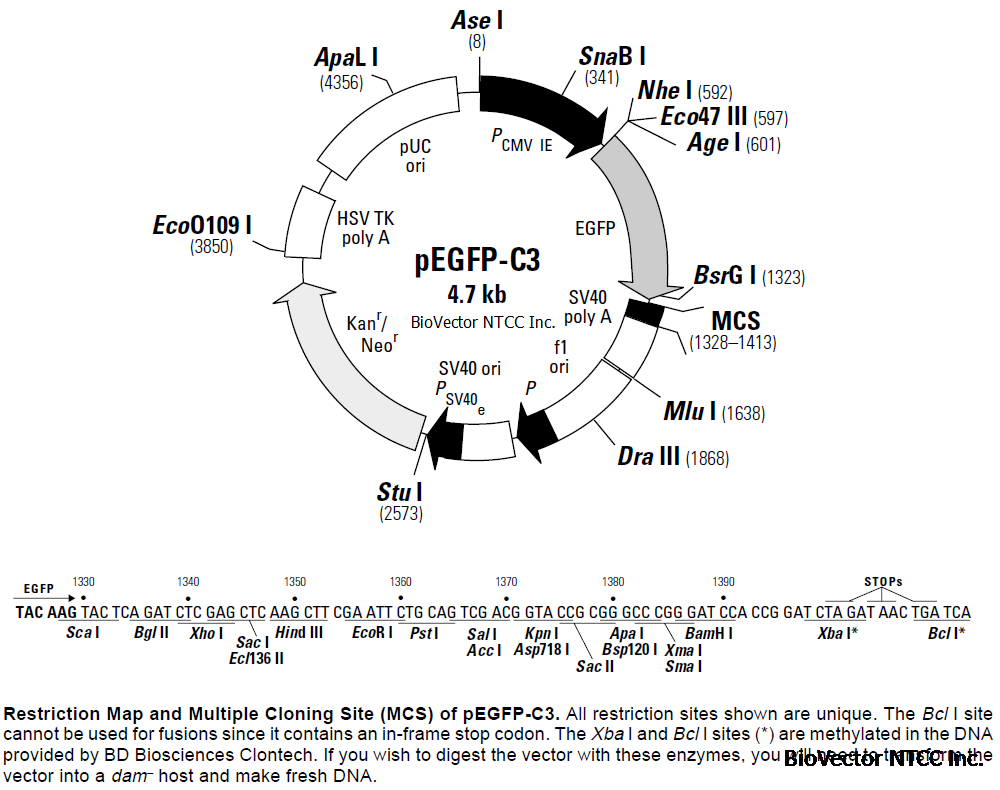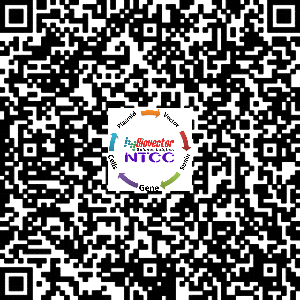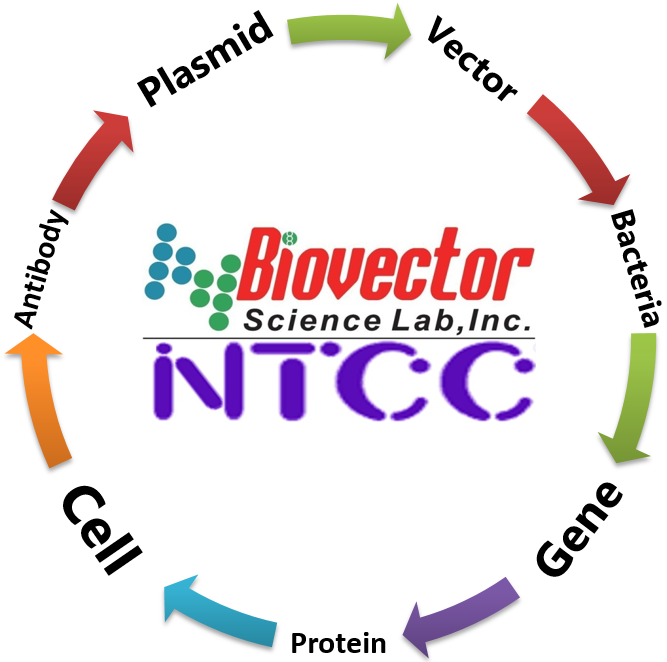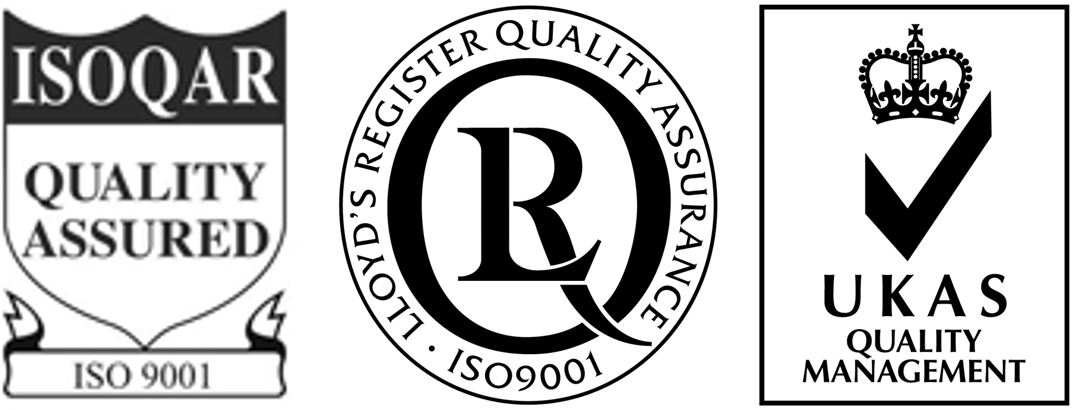- BioVector NTCC典型培养物保藏中心
- 联系人:Dr.Xu, Biovector NTCC Inc.
电话:400-800-2947 工作微信:1843439339 (QQ同号)
邮件:Biovector@163.com
手机:18901268599
地址:北京
- 已注册
pEGFP-C3 vector
Map:
Description:
pEGFP-C3 encodes a red-shifted variant of wild-type GFP (1–3) which has been optimized for
brighter fluorescence and higher expression in mammalian cells. (Excitation maximum = 488 nm;
emission maximum = 507 nm.) pEGFP-C3 encodes the GFPmut1 variant (4) which contains the
double-amino-acid substitution of Phe-64 to Leu and Ser-65 to Thr. The coding sequence of the
EGFP gene contains more than 190 silent base changes which correspond to human codon-usage
preferences (5). Sequences flanking EGFP have been converted to a Kozak consensus translation
initiation site (6) to further increase the translation efficiency in eukaryotic cells. The MCS in
pEGFP-C3 is between the EGFP coding sequences and the SV40 poly A. Genes cloned into the
MCS will be expressed as fusions to the C terminus of EGFP if they are in the same reading frame
as EGFP and there are no intervening stop codons. SV40 polyadenylation signals downstream of
the EGFP gene direct proper processing of the 3' end of the EGFP mRNA. The vector backbone also
contains an SV40 origin for replication in mammalian cells expressing the SV40 T-antigen. A
neomycin resistance cassette (Neor), consisting of the SV40 early promoter, the neomycin/
kanamycin resistance gene of Tn5, and polyadenylation signals from the Herpes simplex virus
thymidine kinase (HSV TK) gene, allows stably transfected eukaryotic cells to be selected using
G418. A bacterial promoter upstream of this cassette expresses kanamycin resistance in E. coli. The
pEGFP-C3 backbone also provides a pUC origin of replication for propagation in E. coli and an f1
origin for single-stranded DNA production.
Use:
Fusions to the C terminus of EGFP retain the fluorescent properties of the native protein allowing the localization of
the fusion protein in vivo. The target gene should be cloned into pEGFP-C3 so that it is in frame with the EGFP coding
sequences, with no intervening in-frame stop codons. The recombinant EGFP vector can be transfected into
mammalian cells using any standard transfection method. If required, stable transformants can be selected using
G418 (7). pEGFP-C3 can also be used simply to express EGFP in a cell line of interest (e.g., as a transfection marker).
Location of Features:
• Human cytomegalovirus (CMV) immediate early promoter: 1–589
Enhancer region: 59–465; TATA box: 554–560
Transcription start point: 583
C→G mutation to remove Sac I site: 569
• Enhanced green fluorescent protein gene
Kozak consensus translation initiation site: 606–616
Start codon (ATG): 613–615; Stop codon: 1408–1410
Insertion of Val at position 2: 616–618
GFPmut1 chromophore mutations (Phe-64 to Leu; Ser-65 to Thr): 805–810
His-231 to Leu mutation (A→T): 1307
Last amino acid in wild-type GFP: 1327–1329
• MCS: 1328–1413
• SV40 early mRNA polyadenylation signal
Polyadenylation signals: 1546–1551 & 1575–1580; mRNA 3' ends: 1584 & 1596
• f1 single-strand DNA origin: 1643–2098 (Packages the noncoding strand of EGFP)
• Bacterial promoter for expression of Kanr gene
–35 region: 2160–2165; –10 region: 2183–2188
Transcription start point: 2195
• SV40 origin of replication: 2439–2574
• SV40 early promoter
Enhancer (72-bp tandem repeats): 2272–2343 & 2344–2415
21-bp repeats: 2419–2439, 2440–2460 & 2462–2482
Early promoter element: 2495–2501
Major transcription start points: 2491, 2529, 2535 & 2540
• Kanamycin/neomycin resistance gene
Neomycin phosphotransferase coding sequences:
Start codon (ATG): 2623–2625; stop codon: 3415–3417
G→A mutation to remove Pst I site: 2805
C→A (Arg to Ser) mutation to remove BssH II site: 3151
• Herpes simplex virus (HSV) thymidine kinase (TK) polyadenylation signal
Polyadenylation signals: 3653–3658 & 3666–3671
• pUC plasmid replication origin: 4002–4645
Primer Locations:
• EGFP-N Sequencing Primer (#6479-1): 679–658
• EGFP-C Sequencing Primer (#6478-1): 1266–1287
Propagation in E. coli:
• Suitable host strains: DH5α, HB101, and other general purpose strains. Single-stranded DNA production requires
a host containing an F plasmid such as JM109 or XL1-Blue.
• Selectable marker: plasmid confers resistance to kanamycin (30 μg/ml) to E. coli hosts.
• E. coli replication origin: pUC
• Copy number: ≈500
• Plasmid incompatibility group: pMB1/ColE1
References:
1. Prasher, D. C., et al. (1992) Gene 111:229–233.
2. Chalfie, M., et al. (1994) Science 263:802–805.
3. Inouye, S. & Tsuji, F. I. (1994) FEBS Letters 341:277–280.
4. Cormack, B., et al. (1996) Gene 173:33–38.
5. Haas, J., et al. (1996) Curr. Biol. 6:315–324.
6. Kozak, M. (1987) Nucleic Acids Res. 15:8125–8148.
7. Gorman, C. (1985) In DNA Cloning: A Practical Approach, Vol. II, Ed. Glover, D. M. (IRL Press, Oxford, UK) pp. 143–190.
您正在向 biovector.net 发送关于产品 pEGFP-C3载体 货号6082-1 的询问
- 公告/新闻




